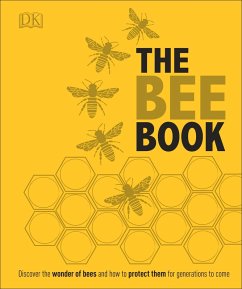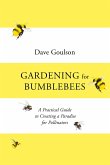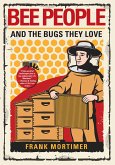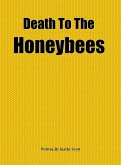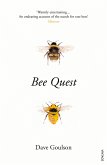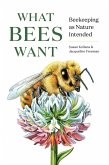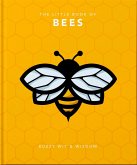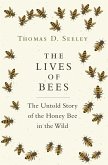Find out how you can help save the bees in lots of practical ways and discover the incredible science behind honey bees, beekeeping, and bees in the wild - from the carpenter solitary bee to the stingless sugarbag. The Bee Book is an intensely visual exploration of the big questions in bee science and ecology: why are bees such great pollinators? how do they make honey? is a swarm dangerous? how does a bumblebee fly? what is killing bees across the world and how can we stop it? The book is also a practical guide to adapting your outdoor space - no matter how small - to provide food and habitats for bees, with step-by-step projects for making bee homes and hotels, and a directory of the most bee-friendly plants to grow, with accompanying planting plans for pots and borders. And if you're looking to take a love of bees to the next level, the book also features a comprehensive beginner's guide to beekeeping with all the information and step-by-step techniques you'll need to set up and manage a hive and collect its honey - with an array of recipes for making the best use of hive products.
Dieser Download kann aus rechtlichen Gründen nur mit Rechnungsadresse in A, B, BG, CY, CZ, D, EW, E, FIN, F, GR, HR, H, IRL, I, L, LR, M, NL, PL, P, R, SLO, SK ausgeliefert werden.
Hinweis: Dieser Artikel kann nur an eine deutsche Lieferadresse ausgeliefert werden.

